The first days of "opening the land"
Since the beginning of the Southern region’s reclamation, the Mekong Delta has been a promised land, blessed with abundant alluvium, rivers, and shrimp and fish. It is here that generations of hard-working farmers have succeeded each other in reclaiming land, building dikes, digging canals, cultivating fields and gardens, creating the prosperous agricultural landscape we see today.
Over the past 80 years, the agricultural and environmental sectors have accompanied farmers, writing a miraculous story of change in this delta region.
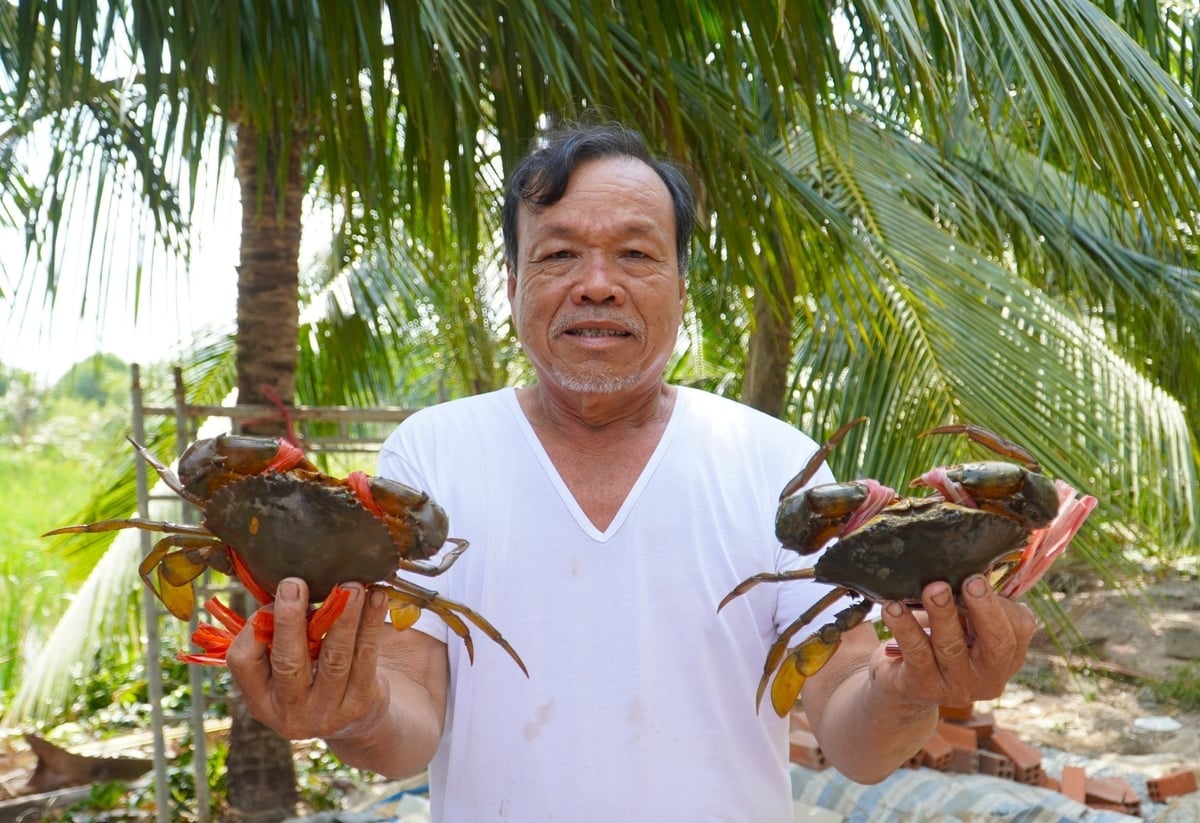
Aquaculture has long been a strength of farmers in Ca Mau province. Photo: Kim Anh.
Ca Mau – the southernmost region of the country has 3 sides bordering the sea, the mainland borders Can Tho city and An Giang province. The province has a natural area of nearly 8,000 km2 and a population of about 2.6 million people.
For a long time, aquaculture has become the “soul” of the local economy. From the traditional extensive farming model, people in the forest and coastal areas have gradually changed their production thinking, switching to ecological shrimp farming, sustainable shrimp-forest farming, adapting to climate change.
The green mangrove forests “embracing” the shrimp squares are a symbol that reminds anyone who has been to Ca Mau to see “the green mangrove forests, the vast white-nosed fields, the homeland of silver fish and golden shrimp…” . This is an economic model in harmony between humans and nature, bringing local agriculture to develop stably in a sustainable direction, adapting to climate change.
Over the years, the agricultural and environmental sectors of Ca Mau province have not only focused on increasing productivity but also on sustainable development, reducing emissions, and maintaining the “Ca Mau shrimp” brand in the international market. The combination of agriculture and the environment is clearly demonstrated in ecological aquaculture programs, associated with traceability, conservation of mangrove ecosystems, and protection of coastal biodiversity.
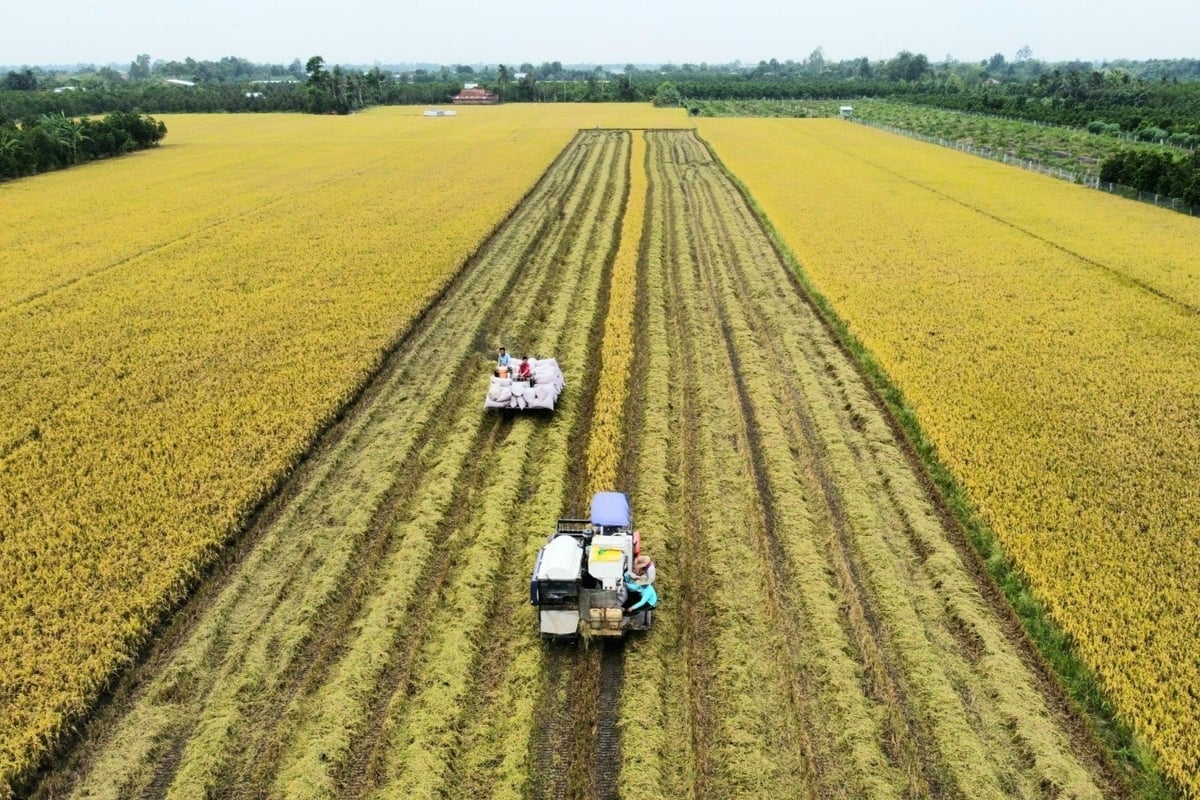
Rice production in the Mekong Delta has made many strides in recent years. Notably, the application of mechanization, science and technology, and advanced techniques in production to improve quality and reduce emissions. Photo: Kim Anh.
The locality also successfully organized two major events, the Ca Mau Shrimp Festival and the Crab Festival, contributing to affirming its position as the "shrimp capital of the country".
Along with aquaculture, Ca Mau has also successfully researched and bred a number of rice varieties suitable to local conditions to improve productivity, quality and added value. The province also focuses on implementing brand building, geographical indications of agricultural products, protecting intellectual property rights, promoting and exploiting products with Ca Mau and Bac Lieu brands; developing a variety of OCOP products with increasingly improved quality and output, many products have participated in the supply chain in the supermarket system and for export.
In addition, the salt industry has received investment attention, especially through the Vietnam Salt Festival - Bac Lieu in 2025, which has opened up many new opportunities for the traditional salt production industry.
Bordering Ca Mau province, An Giang is considered the rice granary of the country. The vast rice fields and the canal system stretching along are proof of the intelligence and diligence of farmers in the West.
From a self-sufficient agricultural background, An Giang province has now risen to become one of the leading localities in applying science and technology, building large fields, producing high-quality rice with clear traceability.
Agriculture, forestry and fishery continue to play a supporting role in An Giang's economy. The agricultural sector is restructured according to regional advantages linked to food security and export. This is also the leading locality in the Mekong Delta to actively implement the Project of 1 million hectares of high-quality rice, reducing emissions.
In the period of 2021 - 2025 alone, An Giang province's economy has many positive changes, with the average economic growth rate (GRDP) over the past 5 years reaching 5.62%. Of which, the agriculture, forestry and fishery sector increased by 2.59%.
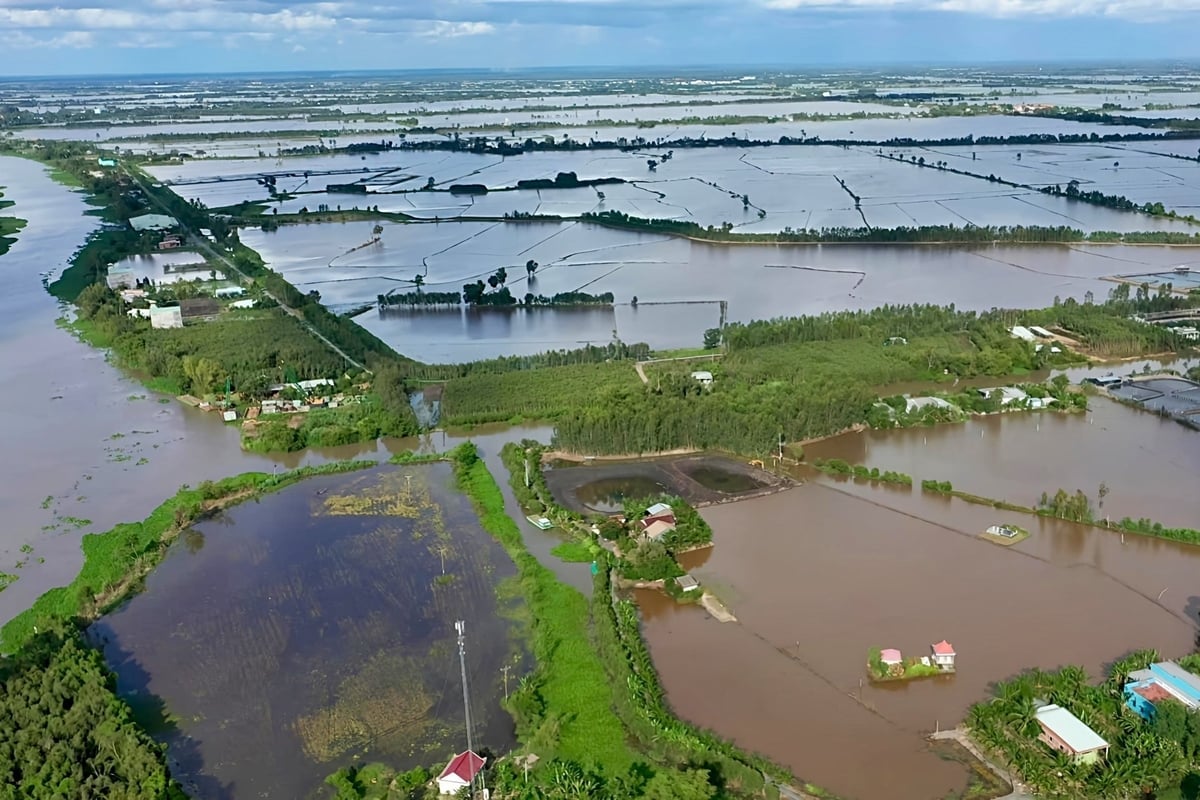
The agricultural and environmental sectors in the Mekong Delta have seen strong changes in management, planning, and production to adapt to climate change. Photo: Kim Anh.
Cooperative models linked with businesses, applying emission-reducing farming processes, using organic fertilizers, saving water and reducing pesticides are opening up a new direction for An Giang's green agriculture.
Local authorities and specialized sectors have accompanied farmers, gradually changing the mindset of "doing a lot" to "doing quality", helping An Giang rice not only meet domestic demand but also be present in many demanding markets such as Europe and Japan.
Agriculture cannot be separated from the environment.
In Can Tho City - the central urban area of the Mekong Delta, the agricultural and environmental sectors have made strong changes in management, planning, human resource training and application of science and technology in production.
In recent years, Can Tho has been a pioneer in implementing circular agriculture models, organic agriculture, especially emission reduction agriculture, in line with the country's "green growth" orientation. The application of digital technology in production management, traceability, and environmental warnings has helped the agricultural sector become more and more professional, moving towards modern, transparent, and environmentally friendly management.
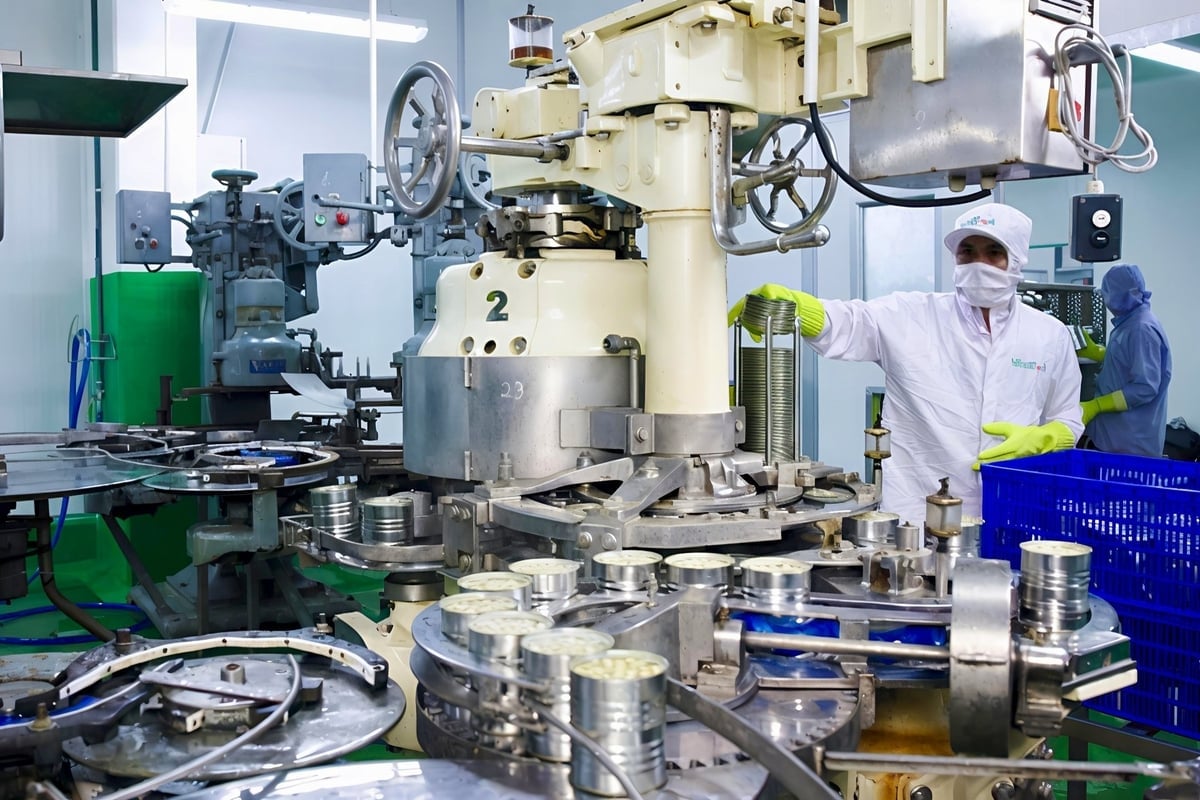
The agricultural processing sector in Can Tho City has developed strongly, attracting many large enterprises to invest and expand production. Photo: Kim Anh.
In June 2025, the Vietnamese rice industry received good news when 500 tons of Japonica rice from Trung An High-Tech Agriculture Joint Stock Company of Can Tho City, branded “Low-emission Vietnamese Green Rice”, were exported to Japan for the first time. This event was not only a turning point for Can Tho enterprises but also affirmed that Vietnamese agriculture is transforming strongly, moving towards clean, quality and sustainable production.
Former Minister of Agriculture and Rural Development Cao Duc Phat once shared that during his field trips to the Mekong Delta, he witnessed positive changes among farmers, from initial concerns about changing farming practices, to now having confidence and excitement when seeing practical results, reduced costs, increased income, and contributing to environmental protection.
The development of agriculture and environment today is a clear answer for farmers not only to increase their income but also to be proud to be environmental protectors.
Chairman of Can Tho City People's Committee Truong Canh Tuyen emphasized that the merger of the two sectors of agriculture and environment is an important step forward, demonstrating the strategic vision of the State in the new development context. He affirmed: "Agriculture cannot be separated from the environment. Only when production goes hand in hand with resource protection can we build a truly sustainable agriculture that adapts to climate change - an urgent problem facing the Mekong Delta."
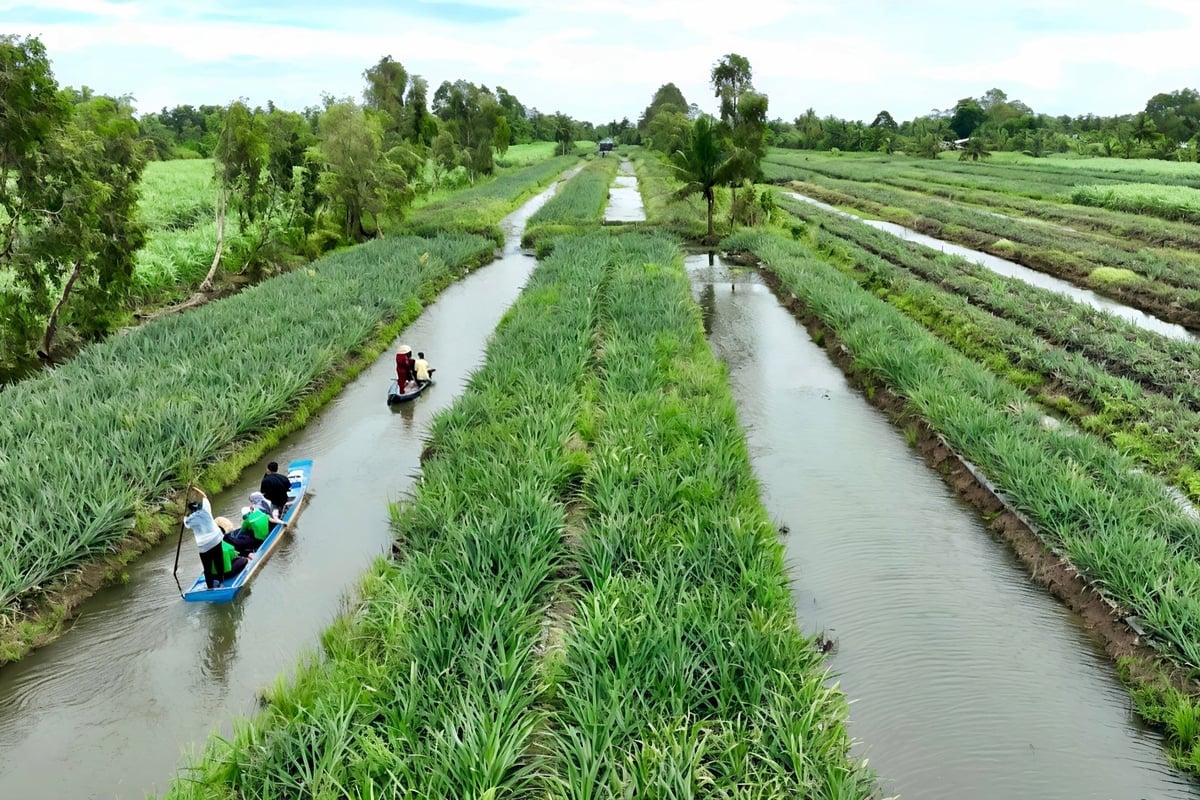
MD2 pineapple raw material area built by enterprises in cooperation with farmers. Photo: Kim Anh.
He said that over the past 80 years, the agricultural and environmental sectors have not only provided livelihoods and ensured national food security, but also made an important contribution to preserving ecosystems and protecting water and land resources.
As an official with more than 20 years of experience in the agriculture and environment sector, Mr. Tran Thai Nghiem - Secretary of the Thanh Phu Commune Party Committee, former Deputy Director of the Department of Agriculture and Environment of Can Tho City confided that perhaps by 2045 the agriculture and environment sector will still be the mainstay of the economy. This is a field that both rural and urban farmers are interested in, which shows that the sector has received great affection from the community.
The time spent in the industry has helped Mr. Nghiem mature, forging a style that is close, practical, and connected to farmers. Thanks to that, even though he moved to a new position that he had never worked in before in a purely agricultural commune, his working style from the agricultural and environmental sector has helped him gain great trust from the people.
Looking back on the past, the mark of the agricultural and environmental sectors in the Mekong Delta is a story of constant adaptation and transformation. Each locality has its own strengths and direction, but all share the same goal of harmonious development between production and environmental protection, increasing income for people, and preserving resources for future generations.
Source: https://nongnghiepmoitruong.vn/nong-nghiep-va-moi-truong-vung-dbscl-80-nam-thich-nghi-chuyen-minh-d782211.html




![[Photo] Da Nang: Hundreds of people join hands to clean up a vital tourist route after storm No. 13](https://vphoto.vietnam.vn/thumb/1200x675/vietnam/resource/IMAGE/2025/11/07/1762491638903_image-3-1353-jpg.webp)









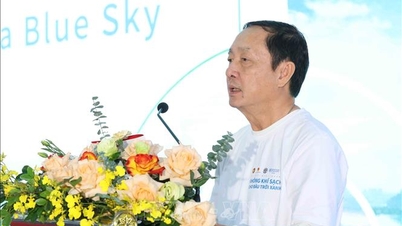

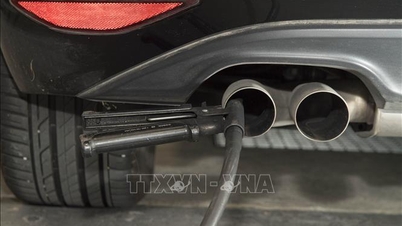

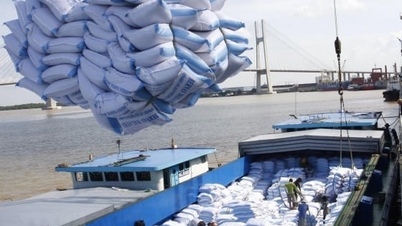

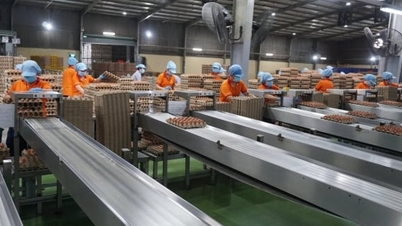






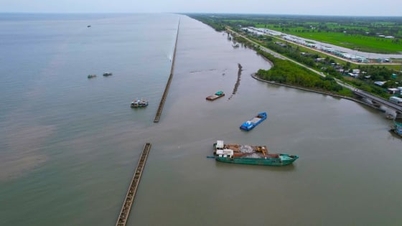
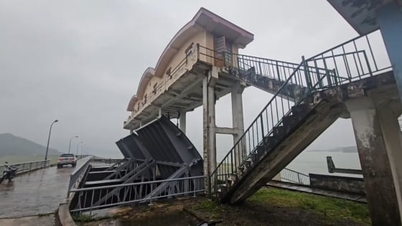
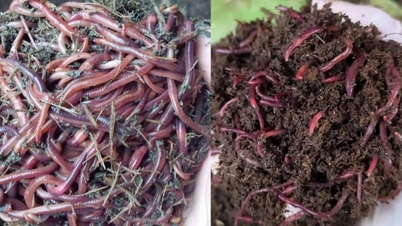
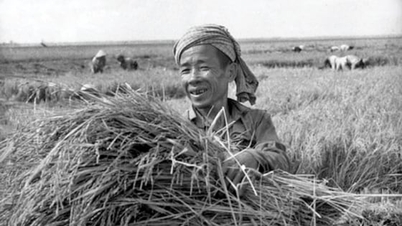
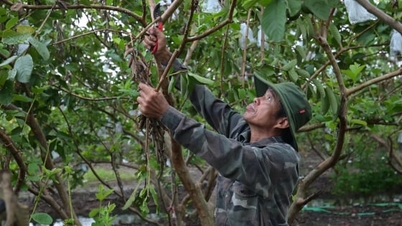







































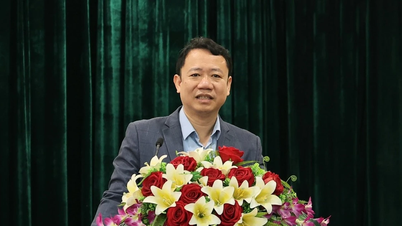
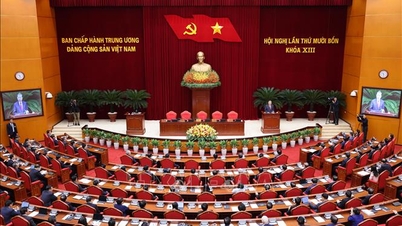
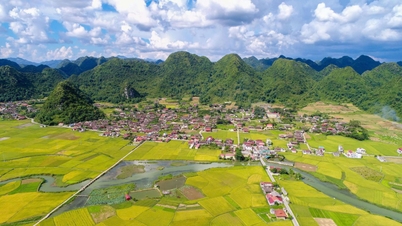
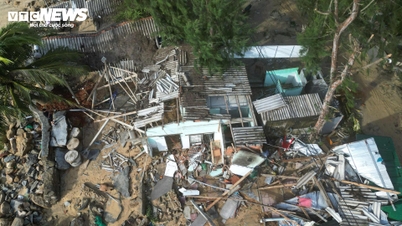


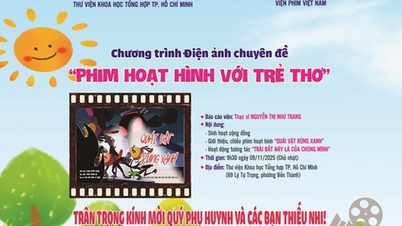

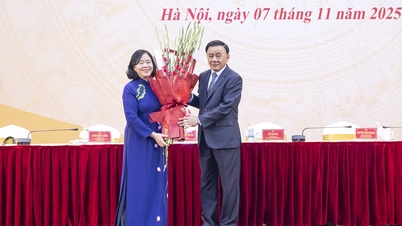


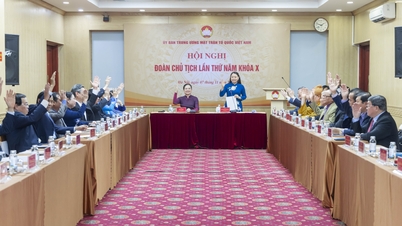




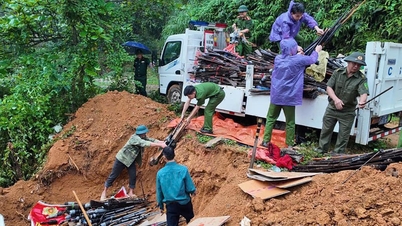

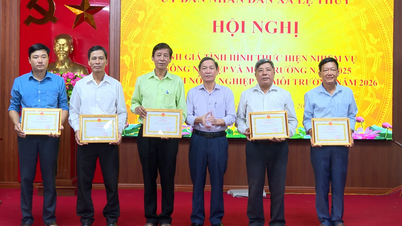


















Comment (0)